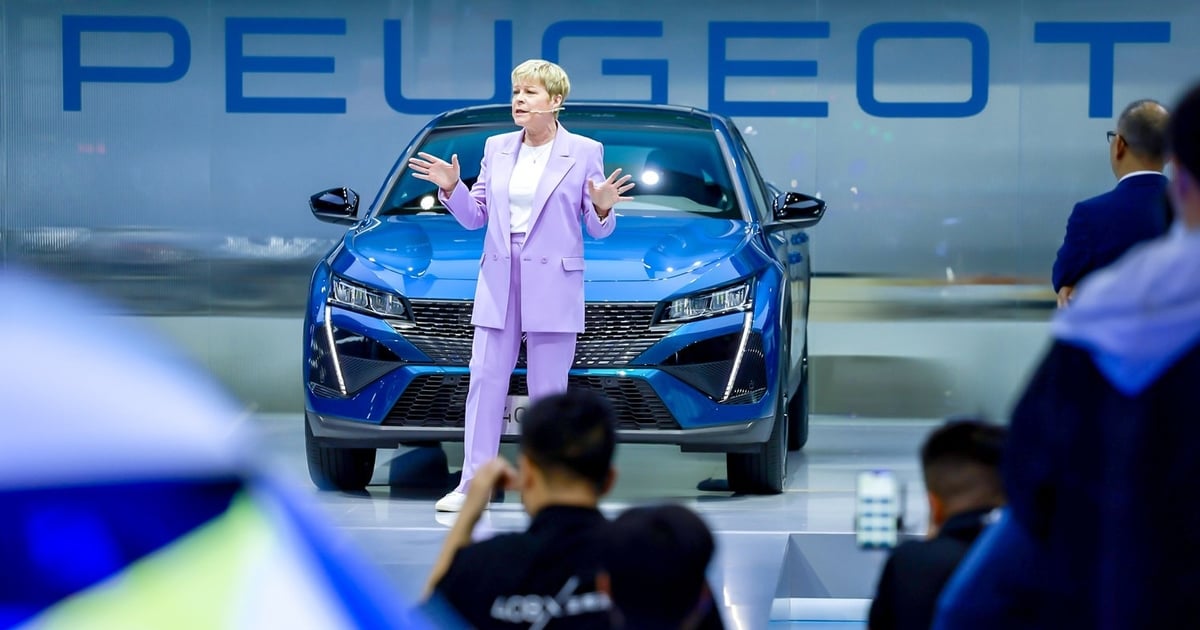
SHANGHAI – Renault, Peugeot and Citroen, among the weakest global brands in China, have been forced to scale back operations in the country in recent years.
A revised policy the French government released this week to subsidize electric vehicles, coupled with the anti-subsidy probe into China-made EVs the EU announced last week, will leave the three French brands with literally no choice but to exit China.
Renault, unable to fend off cut-throat competition in the Chinese car market, closed its passenger-vehicle joint venture with Dongfeng Motor Group in 2020.
In early 2022, Renault’s light-vehicle partnership with Brilliance China was declared bankrupt.
The only business Renault has maintained in China is EGT New Energy Automotive Co., a 50-25-25 partnership between Dongfeng, Renault and Nissan where the French brand builds the Dacia Spring electric crossover and ships it to France.
Renault may have to terminate the export business after the new EV subsidy policy is implemented in January.
All EVs sold in France are currently eligible for a flat cash incentive of 5,000 euros.
But under a new policy the French government released on Tuesday, starting in January, cash incentives will be metered out according to a mechanism measuring the EVs’ carbon footprint.
The formula used to dole out incentives will take into consideration CO2 emissions in multiple ways, ranging from vehicle output and transportation, production of components such as steel and aluminum, the use of critical raw materials and battery technology.
Renault now ships several thousand Dacia Springs from China to France each month. The company’s exports reached 6,119 in July, according to the China Passenger Car Association.
It is doubtful the China-made electric crossover will qualify for French subsidies next year given the emissions generated during the export process, not to mention the anti-subsidy tariffs the EU may slap on EVs from China.
Under a partnership with Dongfeng, Stellantis still builds vehicles for Peugeot and Citroen, even after closing two of four assembly plants.
Annual shipments at the joint venture shriveled to 127,000 in 2022 from a peak of roughly 700,000 vehicles in 2015.
The partnership began exporting the Citroen CX5 sedan from a plant in the southwest China city of Chengdu to Europe in 2021.
The move has failed to reverse a sales decline. In the first eight months, the joint venture’s sales slumped 25 percent to 57,251, according to Dongfeng, a Hong Kong-listed company.
To revive volume, Peugeot and Citroen in theory could follow the steps of Renault and export affordable EVs from China to France and other European countries.
But France’s new EV subsidy policy, along with the EU’s anti-subsidy investigation of China-built EVs, has killed that possibility.

